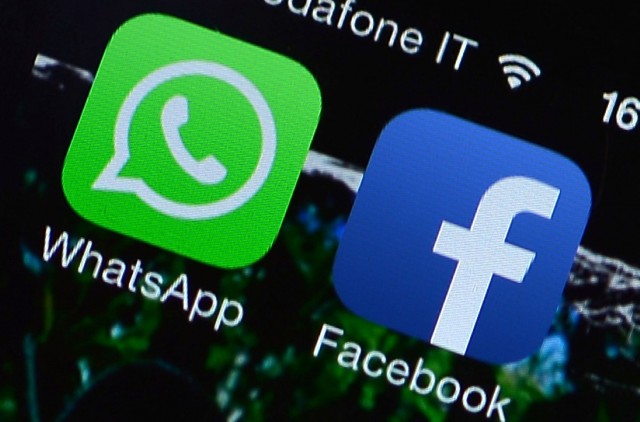
Two privacy groups have filed a formal complaint with the Federal Trade Commission over Facebook's proposed $19 billion acquisition of WhatsApp, a popular mobile messaging service.
The Electronic Privacy Information Center and the Center for Digital Democracy, both based in Washington, D.C., want regulators to block the purchase of the Mountain View company until privacy concerns are worked out.
According to a story by Jessica Guynn in the Los Angeles Times, at issue is whether "Facebook will exploit reams of personal information of WhatsApp’s more than 450 million users to target advertising." The piece notes that WhatsApp, which currently employs 55 people, had vowed to never run advertising on its site.
The complaint, filed Thursday, spells it out: "WhatsApp built a user base based on its commitment not to collect user data for advertising revenue. Acting in reliance on WhatsApp representations, Internet users provided detailed personal information to the company including private text to close friends. Facebook routinely makes use of user information for advertising purposes and has made clear that it intends to incorporate the data of Whats App users into the user profiling business model. The proposed acquisition will therefore violate WhatsApp users’ understanding of their exposure to online advertising and constitutes an unfair and deceptive trade practice, subject to investigation by the Federal Trade Commission."
When WhatsApp announced its partnership with Facebook on Feb. 19, the almost 5-year-old company tried to reassure its fans in a blog post, saying: "Here’s what will change for you, our users: nothing."